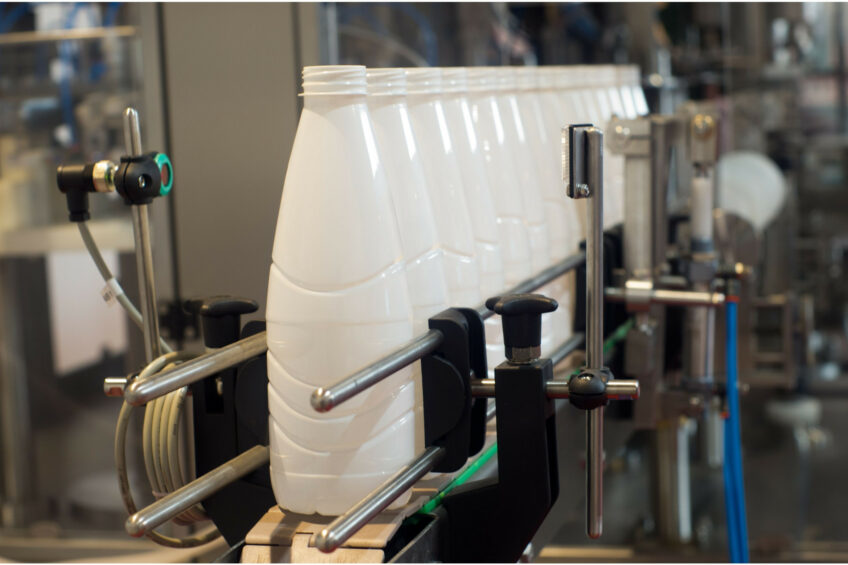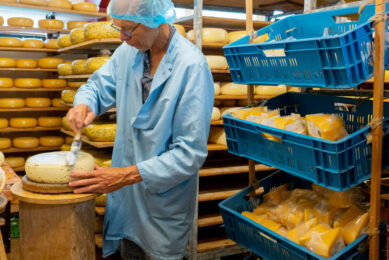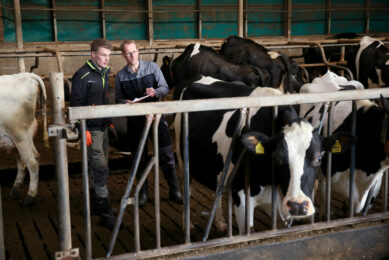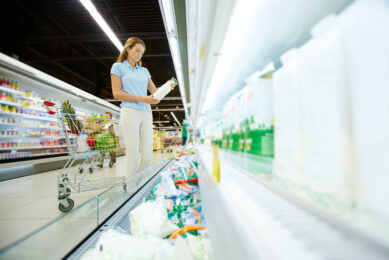Fresh US sanctions: Impact on Russian dairy industry

Russian foreign trade can plummet by 10-25% in the next 6 months, as recent US sanctions have limited opportunities for local firms to make and collect payments in dollars and euros, Pavel Ryabov, a local agricultural analyst, said in a post published in the Russian news outlet Dairy News.
New US sanctions against the Moscow Stock Exchange, imposed on 12 June, immediately suspended dollar and euro trading on the country’s leading financial marketplace.
While over-the-counter transactions would remain available, this would likely lead to higher costs for Russian businesses and individuals. Both importers and exporters involved in the Russian market can expect higher prices.
Food for roubles
Several Russian business organisations have already voiced concerns over the impact of the new sanctions.
The introduction of the recent US restrictions against the Moscow Stock Exchange calls into question the supply of Russian food for dollars and euros, the Russian Union of Grain Exporters said in a statement on its social media channels. The group, however, added that the infrastructure necessary for exporting Russian food for roubles had already been established.
In early 2024, Soyuzmoloko, the largest Russian dairy industry organisation, forecasted a promising 15-18% increase in Russian dairy exports. However, the recent US sanctions have created uncertainty over this outlook.
Imports in jeopardy
The difficulties with foreign trade could lead to a shortage of imports, slowing down investment activity, Ryabov warned.
In March 2024, Soyuzmoloko estimated that Russian dairy firms imported foreign equipment and technologies worth Rub 8.7 billion (US$98 million), up from Rub 3.8 billion (US$43 million) in the previous year. The surge in deliveries was attributed to the business circumventing the restricting measures.
Dependence on China
While the possibility of falling into dependence on China as the only counterparty through which Russia will have contact with the outside world is a concern, there are also significant risks associated with the crumbling Russia-China trade relations.
Join 13,000+ subscribers
Subscribe to our newsletter to stay updated about all the need-to-know content in the dairy sector, two times a week.










